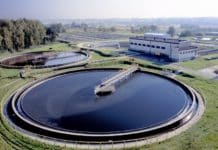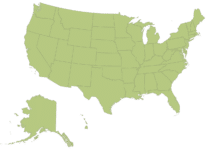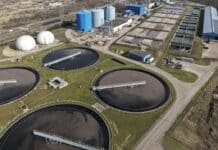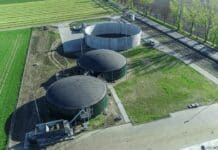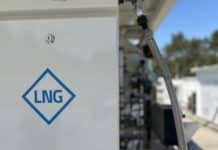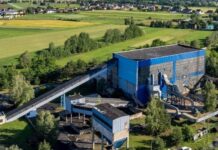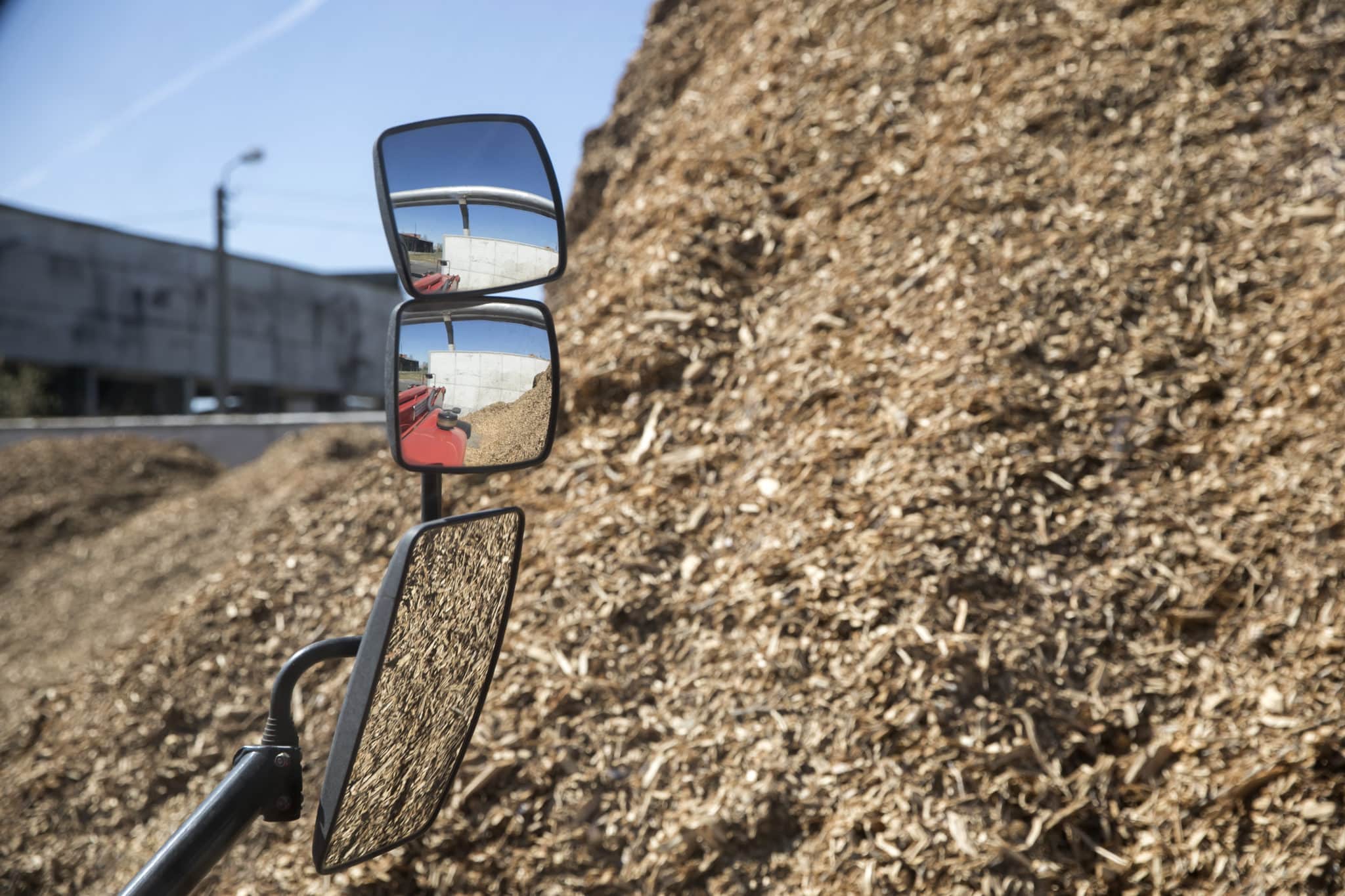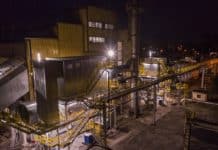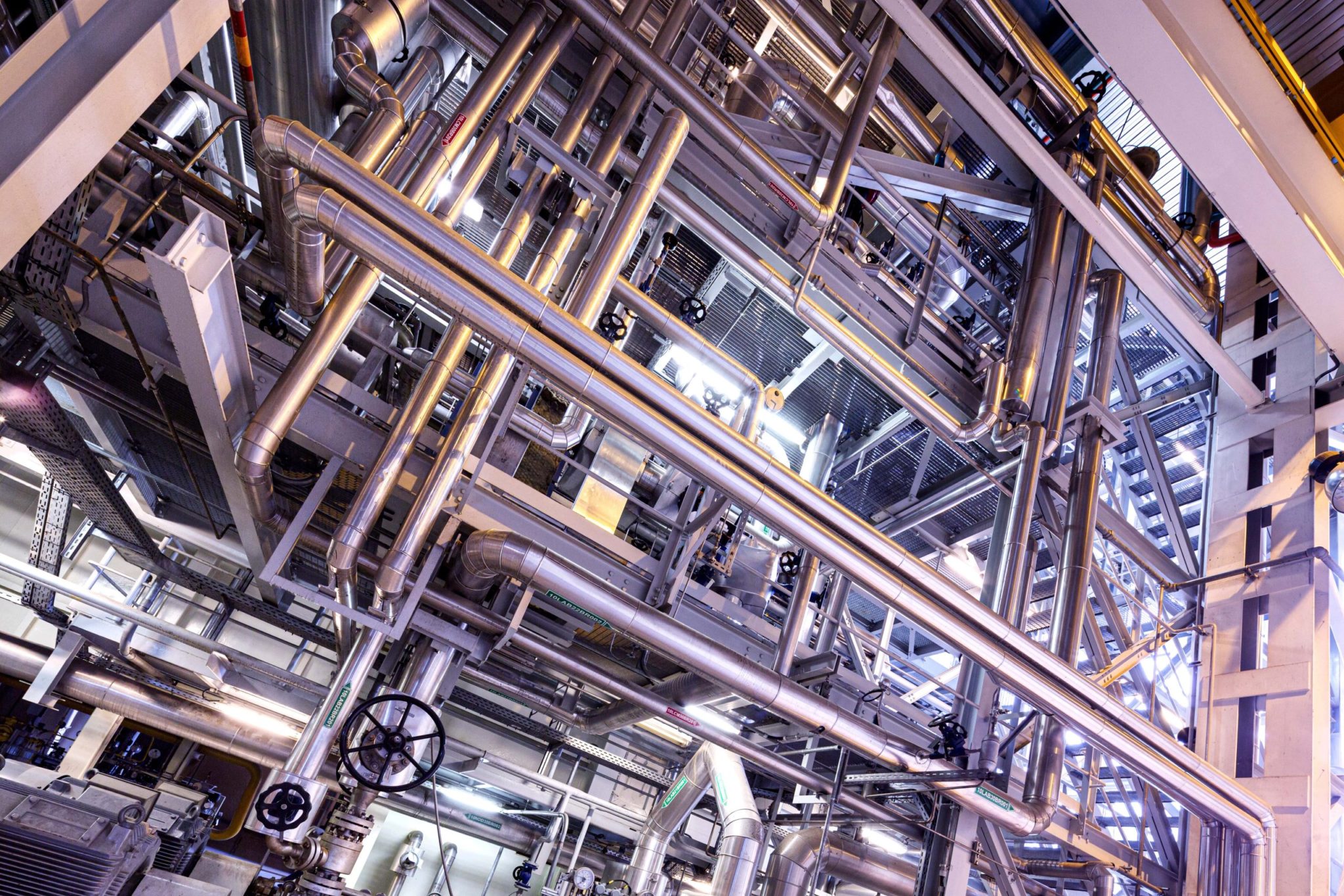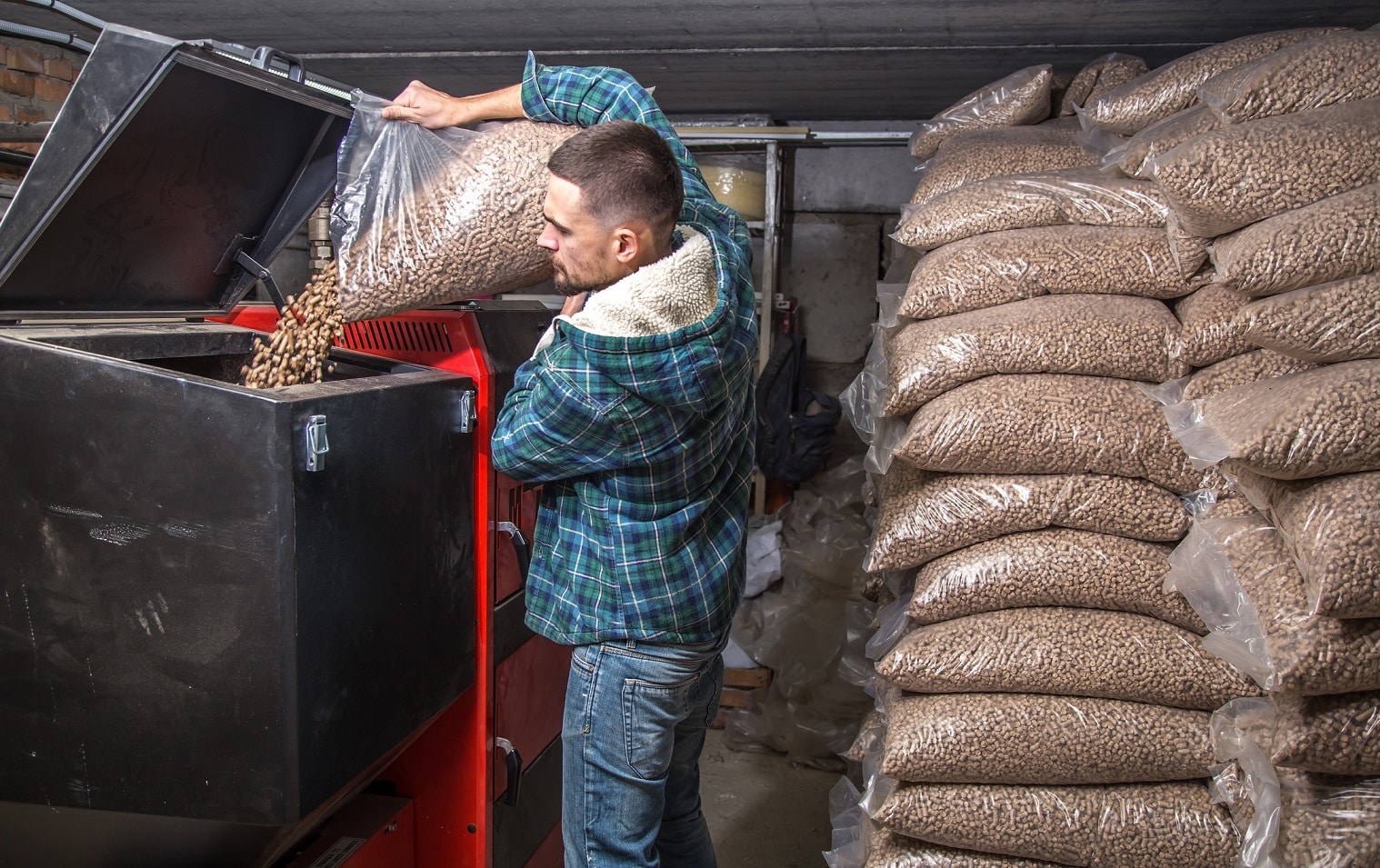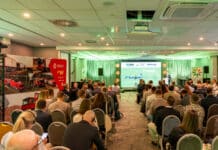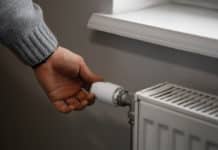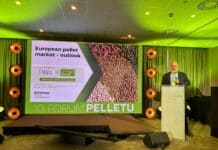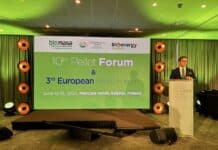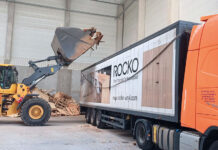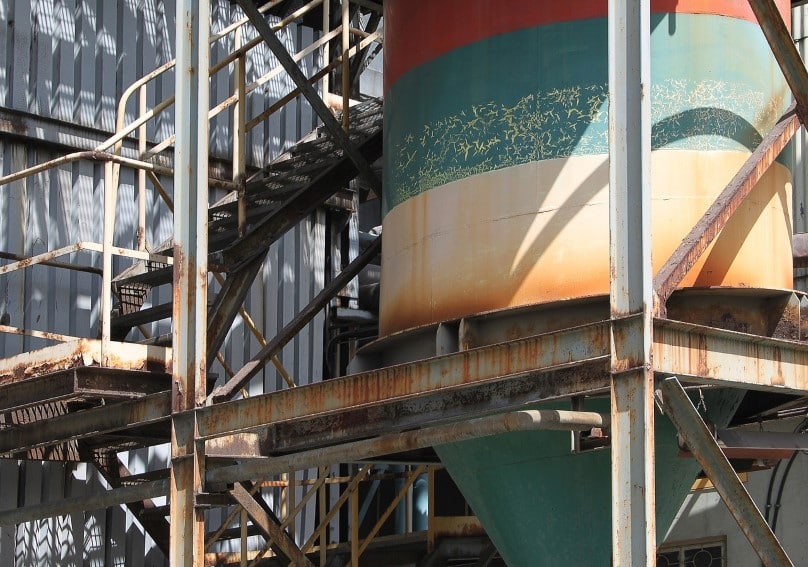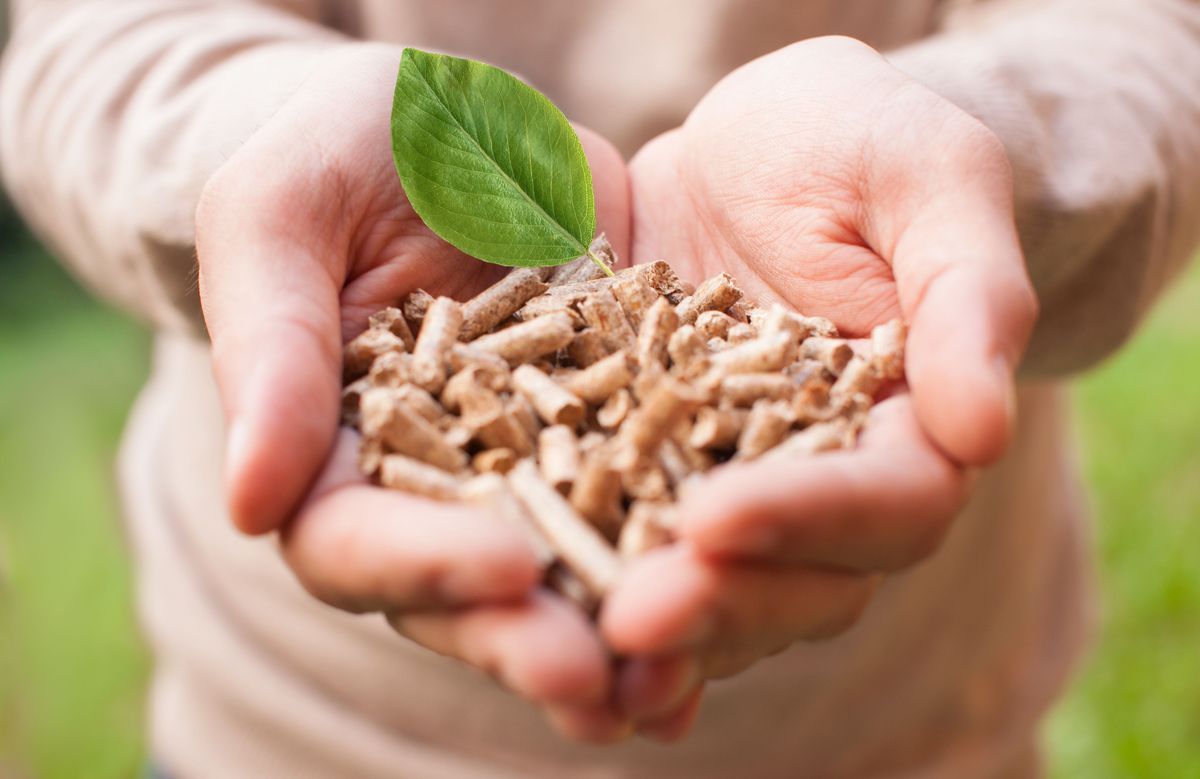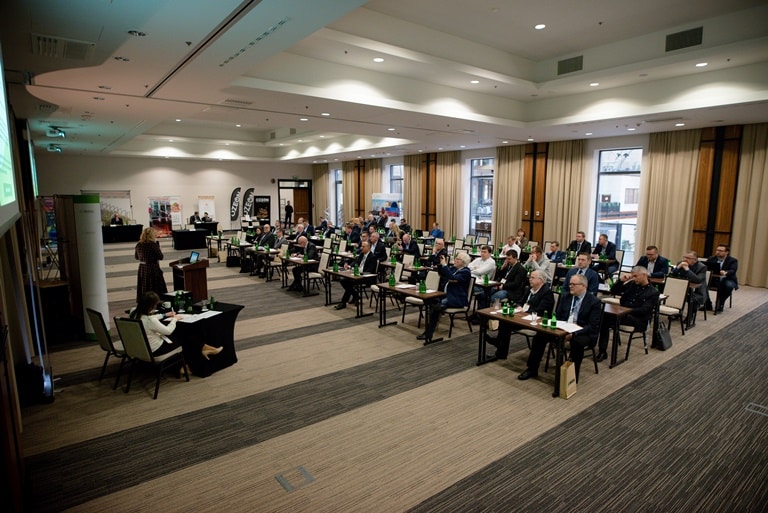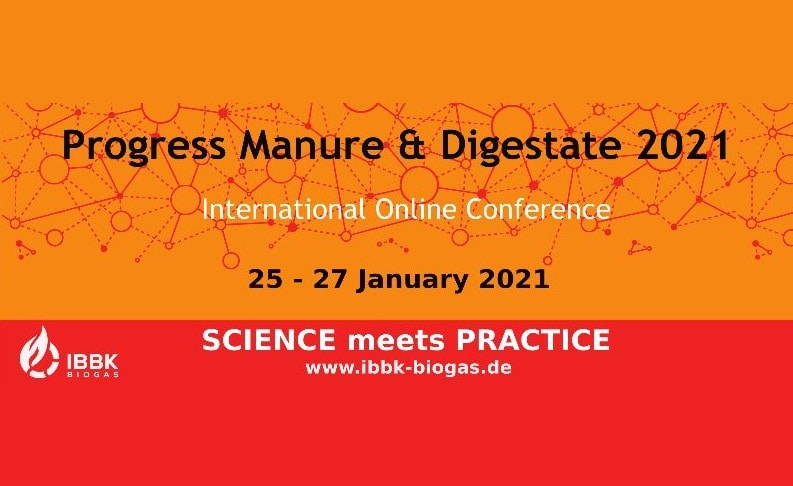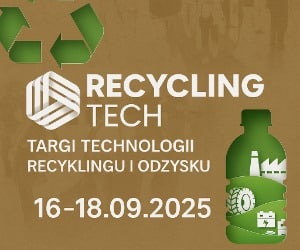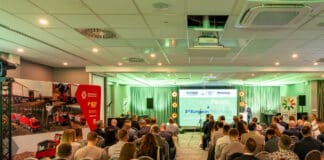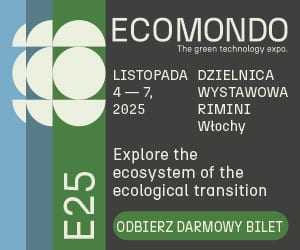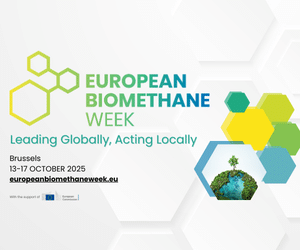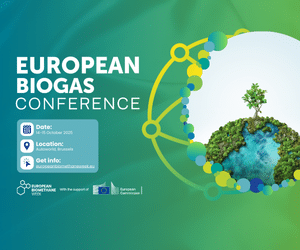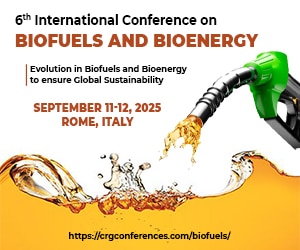Modern, environmental friendly and clean fuel used to heat houses, businesses, production facilities. Alternative for coal, fuel oil and gas. Only recently, the pellets produced in Poland were mainly known to foreign customers. Slowly, the domestic market is starting to notice it too.
The publication “Map of power expenses of Poles” published in June 2015 and prepared by the Structural Research Institute shows that in the years to come, we should expect an increase of energy prices resulting from the greenhouse gases emissions reduction policy and depletion of non-renewable energy sources, for instance hard coal. Households spend as much as 7% of their expenses for heating purposes, but on the other hand heat has much more potential than electricity for improvement of the energy performance in Poland. The number of people who save energy is growing – social campaigns which promote switching off lights in unused rooms, using energy-saving light bulbs or insulating windows are successful. Approximately 35% of Poles declare that they are willing to incur higher expenses for heating through implementing of ecological solutions such as purchase of photovoltaic panels, purchase of a modern pellet-fired boiler or retrofitting of an old equipment.
Social campaign, successful campaign
The increase in consumption of pellets in European countries (about 28 million tonnes in 2015, 35 million tonnes expected by the end of 2020) is on one hand the consequence of the energy-related policy, reasonable heating investments and high ecological awareness, and on the other hand – of a relatively low price of biofuels, which translates to a dynamic growth of the biomass-fired heating equipment market. Italy, with a consumption of 3 million tonnes of pellets per year, remains the leader in pellet consumption. And what is worth pointing out, this refers to households in a country where the average temperature in the heating season does not drop below 10ºC. The popularity of wood pellets among Italians, Germans, Swedes or Austrians is a consequence of governmental programs consisting in co-financing the purchase of biomass-fired equipment and of a long-term policy which supports and promotes environmentally friendly consumer choices. Fairs, trainings for fitters of heating technologies, open days, information programs, press materials, Internet activity – the best pellet markets are using the solutions which have been long proven in other sectors. In Poland, only the largest market players can afford all that, while others have to cope by acting locally, promoting their brands and working hard for their reliable partner position. That is why the governmental support for the small and medium boiler houses sector and individual heating is so important.
Ecology vs. money
The research conducted for the Ministry of Environment concerning the ecological attitudes of Poles as of December 2014 shows a positive trend in scope of ecological awareness of the public. The respondents indicated as one of the most important environmental issues the air pollution, while pointing out to the methods of its reduction, including the use of RES indicated by 48% of respondents, and replacement of old coal-fired boilers to low-emission boilers by 46%. Unfortunately, often the declarations are left unrealized. The average net price of equipment fired with pellets and different types of biomass ranges from several to several dozen thousand zlotys. According to the Renewable Energy Institute, unit prices of boilers in the most popular segment, which is 20-30 kW, are at the level of approx 95 EURO / kW for wood pellets and chips fired boilers and up to 100 EURO / kW for dedicated boilers for different types of biomass. The coal wins by its price and – certainly in many cases – the force of habit of the users who had this fuel for many years. Therefore, the actions directly supporting the ecological sources of heat in Poland are invaluable, like the „Prosument” program. However, it has to be made clear – care for natural environment loses to economic calculation in case of most Poles. Most people are not willing to spend more for ecological solutions, for instance green energy. The impulse for the change will be most of all the desire to take the burden off the family budget, that is why the common belief that a pellet-fired boiler is an investment for the rich has to be fiercely combated.
Optimistic forecast
The domestic consumption of pellets amounted in 2014 to more than 400 thousand tonnes. A revival in the retail market is clearly seen – the number of new manufacturers has been increasing year to year, just like the number of companies with the DIN Plus or EN Plus certificate, which conform the highest quality of the pellets. The problem with accessibility of the fuel has virtually disappeared, as today it can be purchased both at the e-store of the manufacturer and at one of many local distributors, including home delivery. The forecast is optimistic – it is estimated that the Polish retail market will give the pellets manufacturers new business opportunities within the next few years. Meanwhile, we are looking forward to a Poland-wide social campaign promoting alternative fuels. It will be the key factor on which the pace of Poland’s catching up with European leaders in pellets consumption will depend.
Pellets – combustible material created by high-pressure pressing of wood waste, mainly sawdust and chips, woodworking and sawmill waste, sometimes also using bark, straw, sunflower husks and other organic matter. Pellets have the form of granulated product such as balls or cylinders with a diameter of 6-25 mm and several centimeter long.
JOLANTA KAMIŃSKA
The Energy Regulatory Office’s report provides that diversification of fuels used for the production of heat takes slowly place. In 2014, coal-based fuels were more than 75% of fuels used in generation sources, while RES fuels – 7.8 %.
The prices of wood pellets for retail customers vary from 150 EURO to more than 235 EURO per tonne. It should be noted that only certified pellets allow to achieve the heating parameters of a central heating boiler guaranteed by the manufacturer.

